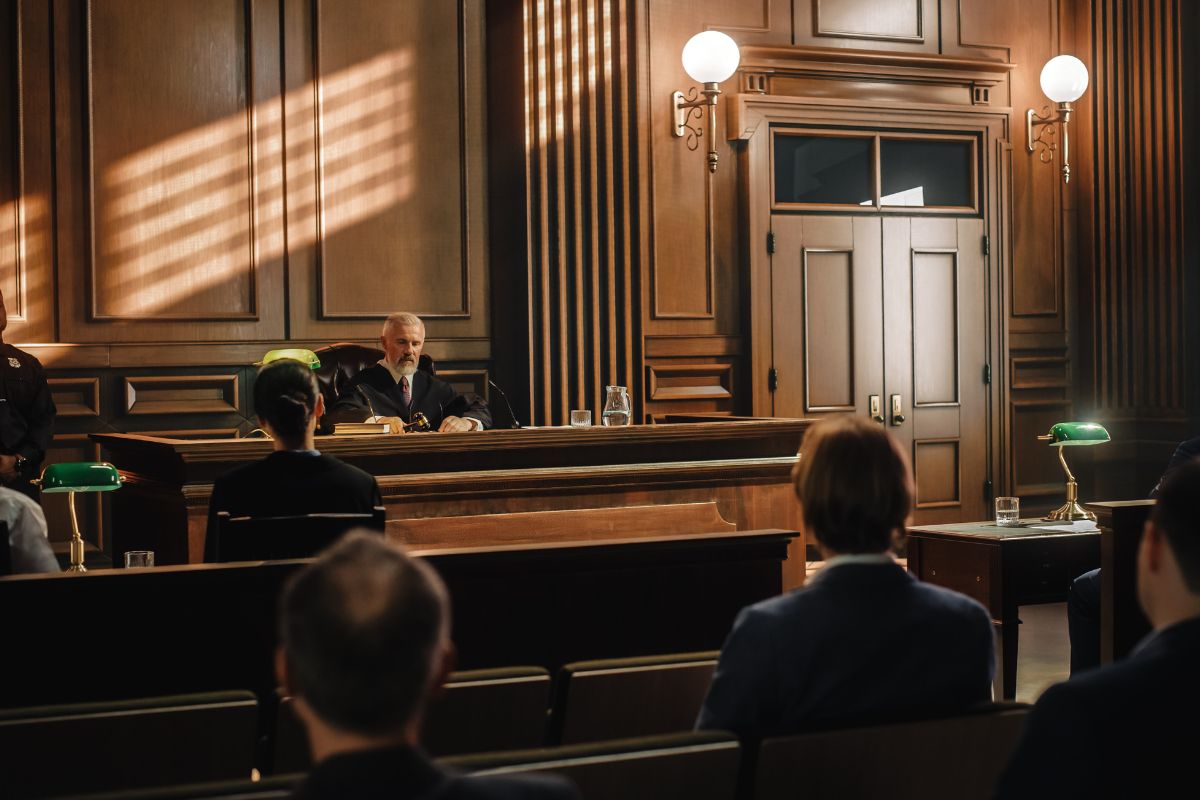An Overview of a Personal Injury Suit that Goes to Court


Navigating the Journey: Understanding the Stages of a Personal Injury Lawsuit
When facing the complexities of a personal injury lawsuit, the prospect of going to court can seem daunting. While many cases are resolved through settlements to avoid the challenges of litigation, some inevitably proceed to trial. Understanding the stages of a personal injury lawsuit can provide clarity and help navigate the legal process effectively.
Preparing for Court: The Pretrial Stage
Before a personal injury case goes to trial, there is a crucial pretrial stage where attorneys diligently prepare for litigation. This phase involves:
- Filing Pretrial Motions: Attorneys on both sides submit pretrial motions, aiming to dismiss the opposing party’s case or request specific evidence collection permissions.
- Gathering Evidence: Attorneys gather relevant evidence to strengthen their case, including witness testimonies and expert opinions. Depositions and interrogatories play a significant role in this evidence-gathering process.
Jury Selection: The Voir Dire Process
During jury selection, known as voir dire, attorneys and the judge meticulously choose jurors who can objectively evaluate the case. This process involves:
- Identifying Bias: Attorneys assess potential jurors for any biases that could affect their impartiality. Biased jurors may be dismissed to ensure a fair trial.
- Crafting an Impartial Jury: Attorneys aim to select jurors capable of weighing the evidence objectively, free from preconceived notions or prejudices.
The Trial: Presenting the Case
Once the jury is selected, the trial commences, and attorneys present their cases through:
- Opening Statements: Attorneys deliver opening statements, outlining their arguments and previewing the evidence they intend to present.
- Witness Testimonies: Witnesses, including parties involved and experts, provide testimonies under oath to support each side’s claims.
- Closing Arguments: Attorneys deliver closing arguments summarizing their cases and persuading the jury to reach a favorable verdict.
The Verdict and Potential Appeal
Following the presentation of evidence, the jury deliberates and reaches a verdict. While the jury’s decision is typically final, the losing party retains the option to appeal the verdict to a higher court if they believe justice was not served.
Hiring a Yakima Personal Injury Attorney
Navigating the complexities of a personal injury lawsuit can be overwhelming, but you don’t have to face it alone. If you’re unsure about the next steps in your case, don’t hesitate to reach out to Abeyta Nelson Injury Law for guidance and support.
Send us a message or give us a phone call at 509-588-0240 if you believe you have a personal injury claim for a fair rate.